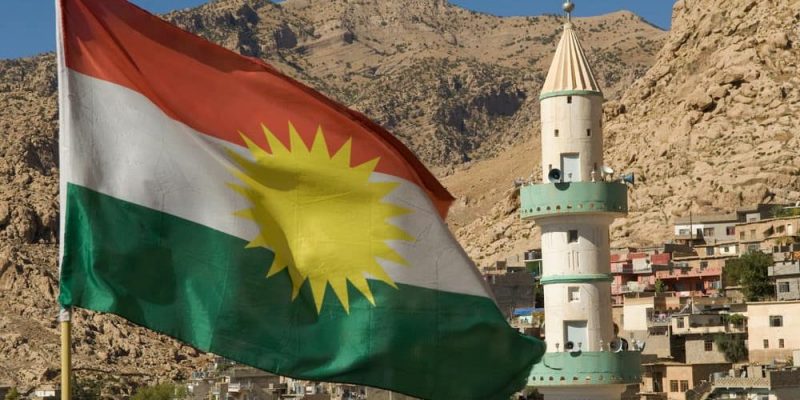We explain how a State and a nation differ, the origin of each concept, how they are manifested and various examples.

What difference is there between State and nation?
We often use the terms State and nation (and even people and country) interchangeably, as if they were synonyms. Although they may be in colloquial contexts, each one has a specific meaning that should be understood.
A country is a well-defined piece of the earth's surface inhabited by a population (a “people”) that shares to some extent social, cultural, political and historical traits. There are 194 sovereign countries, internationally recognized as such, but there are also unrecognized countries, which can be contradictory, since to be a country requires international recognition and sovereignty over its own territory.
This is where the difference between State and nation becomes evident. For a State to exist, there must be political and social institutions that govern life in the territory in question and that are recognized by its inhabitants.
States operate through a system of government (usually with executive, legislative and judicial public powers) and are governed by a body of laws that is commonly known as the National Constitution, that is, a founding document of the State.
This way, A State is the set of institutions that support the government and the law and which therefore have sovereignty over a specific territory. For example: who defends the borders of a country's territory? The armed forces, which are part of the State. All sovereign countries are also States.
But the matter is more complex. In the same country, subject to the same State, there may be several nations: groups of residents who have a cultural, linguistic, religious and historical heritage different. Although they are forced to abide by the same laws and answer to the same institutions (again, to the same State), they can be said to be members of different nations.
This is the case of plurinational States, in which members of different nations share the same citizenship (that is, the same nationality) and are part of the same country. The opposite case is also possible: different states whose population can be included in the same nation, because they share important identity traits.
In conclusion, it is possible to summarize the differences between State and nation as follows:
| State | Nation |
|---|---|
| It is a political concept, which refers to the institutions that make a country function. | It is a sociological concept, which refers to the group of citizens who share cultural, historical and social traits. |
| They exist formally and enjoy sovereignty over a specific territory. | They are very varied and do not always have autonomy or territorial sovereignty. |
| It is about the institutional form that a nation adopts. | It is about the sociocultural and ethnic heritage with which a State identifies itself. |
| It manifests itself in a set of laws, organizations and political entities. | It manifests itself in a set of traditions, sociocultural practices and a language. |
| It has a historical-political origin | They have a sociocultural origin |
Examples of State and Nation
Any of the sovereign countries on the planet are an example of a State no matter how rich or poor they are, how many or few inhabitants they have or the international power they can exercise. As long as they possess territorial sovereignty and are capable of legally governing their citizens, they are considered as such: the French State, the Mozambican State, the Nicaraguan State, the American State, etc.
On the other hand, the concept of nation is much more comprehensive. We can talk about the different nations that make up Bolivia for example, and who respond to the same formal State: the Aymara nation, the Baure nation, the Araona nation, all of local origin and heirs of the pre-Columbian peoples.
Or we can also talk about the kurdish nation whose ethnic, linguistic and historical features distinguish it, but inhabits a territory over which they have no autonomy: the limits of Turkey, Syria, Iraq and Iran, four different States. Therefore, the Kurdish State does not exist, since it has no sovereignty or institutions, but the Kurdish nation or the Kurdish people does.
Continue with: Nationalism
References
- “Difference between State and nation” in Banrepcultural Encyclopedia.
- “The State, the People and the Nation” at the Complutense University of Madrid.
- “State, Country, Nation, are they the same?” at Academia Play.





